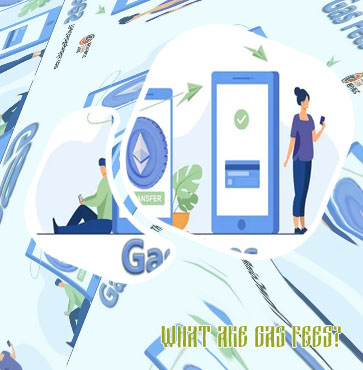
Crypto gas fees
Sorry, you have been blocked
Reports and alerts What are eth gas fees The base fee is an algorithmically determined fee that users on the Ethereum blockchain must pay to complete a transaction. The base fee is designed to help smooth transaction fees and prevent sudden price spikes by targeting 50% full blocks. Depending on how full the new block is, the Base Fee is automatically increased (the block is more than 50% full) or decreased (the block is less than 50% full). Visit our blog to learn more about EIP-1559 base fees.Gas fee crypto
Gas is the fee paid for sending transactions on the Ethereum network. Whether you’re sending ether tokens, transferring any other ERC-20 compatible cryptocurrency, or running a smart contract on the network, you should plan on paying a modest fee for the transaction. What Is a GWEI? Gas fees are essential for blockchain operations but can be costly. The article delves into the mechanics of gas fees, their calculation, and factors affecting their fluctuation. It also provides practical tips and strategies for reducing gas fees, such as using Layer 2 networks and gas tokens.

Overview of How EVM Works
So the gas fee (aka miner fee) for this transaction is 0.0021 ETH. Keep in mind that more complex transactions, such as executing a smart contract, may incur a higher gas fee than doing something simpler, such as sending ETH from one wallet to another. It's also important to ensure that you're paying enough in gas for the transaction to be processed promptly and successfully. Why Ethereum Gas Fees Are High Some Ethereum users would like to use less transaction fees for ETH. In that case they lower the GAS Price. Of course, you can do this yourself as well. However, in return, miners are likely to process your transaction later. Miners decide which transaction to process first based on the level of the GAS Price. A low GAS Price therefore means a longer transaction duration.What are gas fees crypto
Trading NFTs can be lucrative, but that doesn't mean it's free. You'll have to pay a "gas fee" to buy or sell these digital assets. These fees are higher on some blockchains than others, and, in many cases, they change throughout the day. In the past, popular chains like Ethereum had gas fees that averaged over $40 per transaction. In this article, we'll dive into the most frequently asked questions about NFT gas fees. Calculating Gas Costs If you’ve ever paid a toll on a highway, then you already know something about Ethereum gas fees. Ethereum gas fees are like paying a “toll” to use the Ethereum blockchain. Highway tollbooths may be operated by one person, but the Ethereum blockchain involves many decentralized operators.
- Home
- Ethereum chart
- Space grime cryptocurrency
- How to add money to crypto com wallet
- Btc in gbp
- Btc usdt
- When will the last bitcoin be mined
- Which cryptocurrency can be mined
- Cash app bitcoin verification taking too long
- Dogecoin to usd
- Octans crypto
- Mining ethereum calculator
- Bitcoin short calculator
- How to use bitcoins